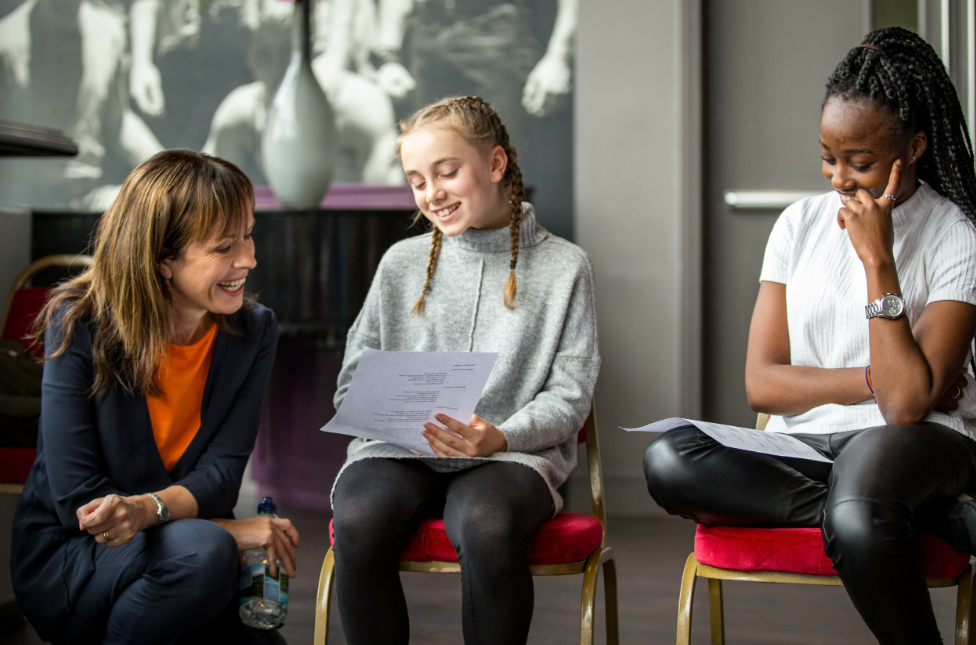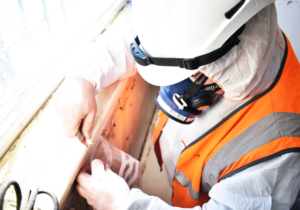Imagine a classroom where students are not just passive recipients of knowledge, but active participants in their learning process. This is the reality in many educational institutions that have embraced the use of theatre in education. This innovative approach to teaching and learning has proven to be incredibly transformative, offering a myriad of benefits to students.
Theatre in Education: A Catalyst for Active Learning
It is a method of teaching that uses drama techniques to create an interactive learning environment. By incorporating elements of drama into the curriculum, teachers can engage students in a way that traditional lecturing methods cannot.
Students become active participants, taking on roles, solving problems, and making decisions that influence the outcome of the scenario. This hands-on approach to learning promotes critical thinking skills, encourages creativity, and fosters empathy by allowing students to step into the shoes of others.
The Impact on Social and Emotional Development
Beyond the academic benefits, this creative pedagogical approach also plays a significant role in the social and emotional development of students. Participating in dramatic activities allows students to explore different emotions and perspectives, fostering emotional intelligence and empathy.
Moreover, the collaborative nature of theatre activities enhances social skills. Working together on a common goal cultivates teamwork, cooperation, and effective communication skills. These are essential life skills that will serve students well beyond the confines of the classroom.
Wellbeing Incursions for Schools:
A concept related to theatre in education that is gaining traction is the idea of well-being incursions for schools. These are programs designed to promote the mental, emotional, and physical health of students. They often include activities such as mindfulness exercises, resilience building, and stress management techniques.
By integrating these well-being incursions into the school program, educators can further enhance the holistic development of their students. Just as theatre in education stimulates intellectual and emotional growth, wellbeing incursions foster resilience, emotional awareness, and overall wellness.
The Role of Theatre in Cultivating Creativity
Theatre in education is not just about acting out a scene or putting on a play. It’s about using the creative process to inspire learning. Through theatre, students can explore various topics in an imaginative way, making connections that might not be apparent in a traditional classroom setting.
Whether it’s devising a script, creating props, or designing costumes, every aspect of theatre production encourages creativity. This creative freedom not only makes learning more enjoyable but also fosters innovative thinking and problem-solving skills.
Conclusion:
The transformative role of theatre in education is undeniable. By providing an active, engaging, and emotionally enriching learning experience, it offers a fresh perspective on teaching and learning.

 Home
Home







